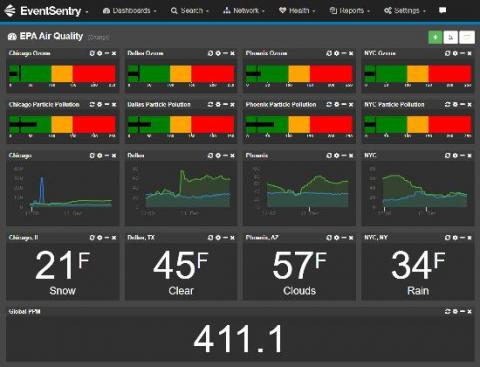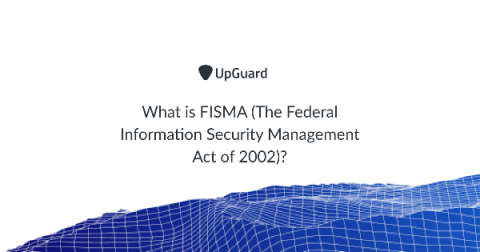Should cities pay a ransomware demand?
UPDATE: In a “ripped from the headlines” moment, we have real world confirmation of the growing risk discussed in this article. Breaking news over the weekend revealed that both the city of New Orleans and New Jersey's largest hospital network are in the midst of dealing with serious ransomware attacks. When you hear about data breaches and cyberattacks in the news, it's usually in connection with a large company and has affected users across the globe.








